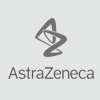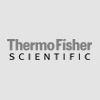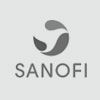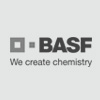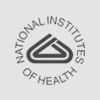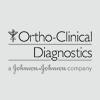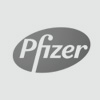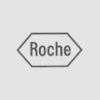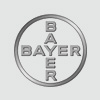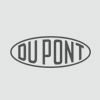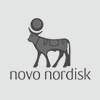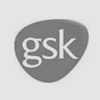About Adjuvants
|
Our standard protocols use Freunds Complete followed by Freunds Incomplete. In the absence of other information, this is probably what you should use too as it is the most highly documented and most often used system in the literature. Listed below are some of the other currently available options.
References: 1-Niemi SM, et al. Evaluation of ethylene-vinyl acetate copolymer as a noninflammatory alternative to Freund's Complete adjuvant in rabbits. Lab Anim Science 35:609-612, 1985. |

